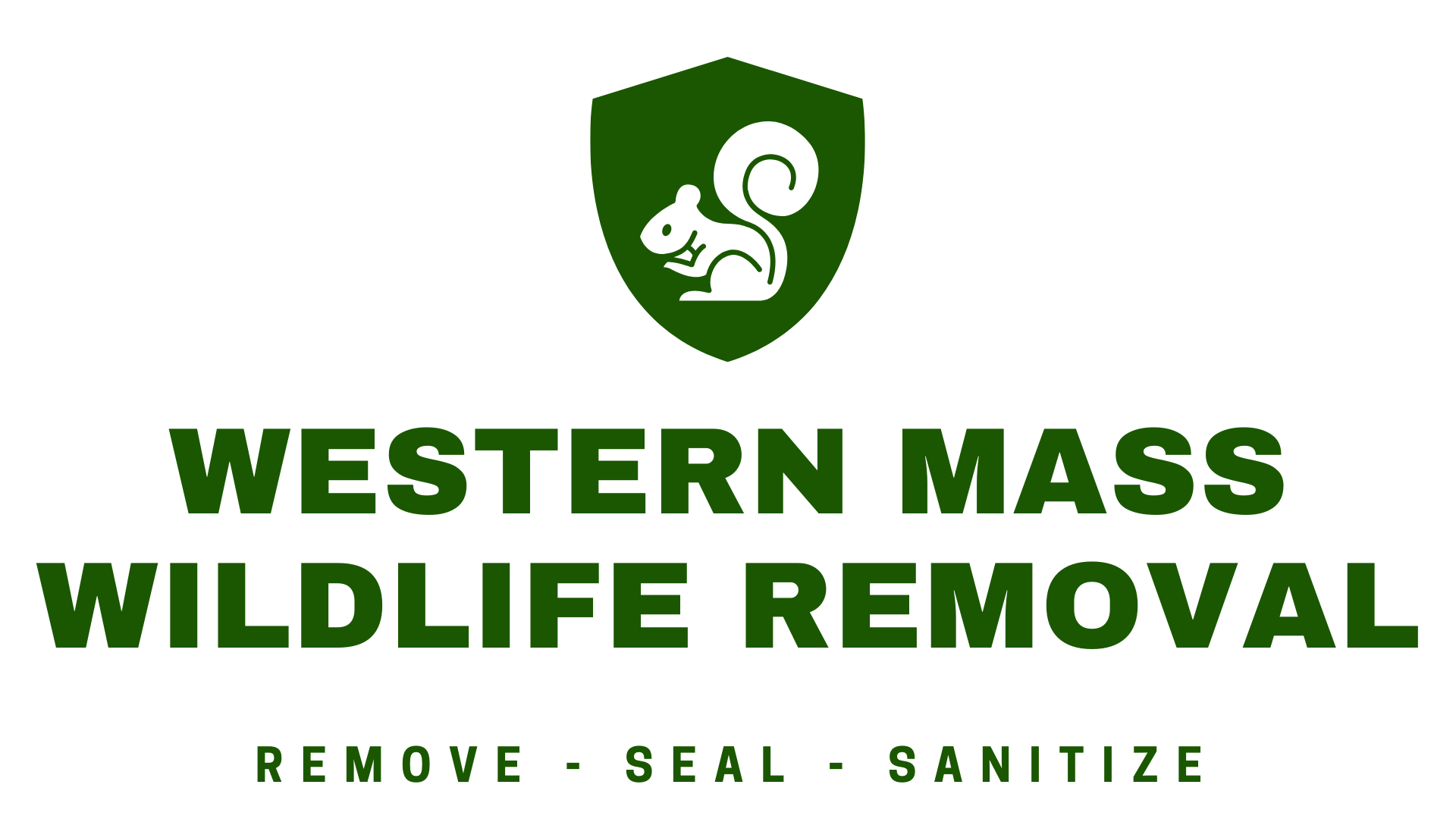Legal regulations when dealing with problem wildlife
Just like any contractor you hire, PAC (problem animal control) agents in Massachusetts have to follow guidelines and be appropriately licensed to do wildlife removal and exclusion. Your typical Joe shmoe may attempt it, but I guarantee it won’t be done correctly or you’ll run into problems after the job is “done”. This is why we recommend hiring a professional.
The first and most obvious type of regulations we have to follow are the licenses to actually trap and handle wildlife. In this field in almost any given time span, I will remove squirrels, raccoons, skunks, opossum, birds, bats, snakes, and others. This is always done with proper equipment, whether that be traps, bite proof gloves, etc. A trapping license and a PAC license through the state of Massachusetts are both required. Without these, you cannot legally perform the work.
The next type of regulations that are necessary to follow are animal specific. Bat removal and exclusion is the most common type of job where the correct process legally has to be followed. Bats are protected in Massachusetts so killing or harassing them is illegal. Also, the way you evict them from a home can only be done through the use of one-way doors on entry points before sealing them up. If a bat is in the living space, it is encouraged to get it to fly out by itself by opening a door or window, but as PAC agents who are licensed in Massachusetts we can physically remove them, but from living spaces only. Bats also can only be evicted during specific times of year. June and July is the bat breeding season when young may be born and nurturing, so we cannot force them out during June and July, as well as in the winter months. It is very important that all guidelines be followed for bat removal and eviction here in western Massachusetts. You can learn more about the eviction process for bats by going to our Pests page and clicking on Bats. The Massachusetts page on bats has more information relating to this as well, you can find that at Mass.gov/bats-in-the-home.
Lastly, it is important for residents of Massachusetts to know the legality of simply trapping and relocating animals. In Massachusetts, it is illegal to trap an animal and relocate it somewhere else. I hear about homeowners doing this themselves, and are surprised to know you cannot do that. There are many reasons behind it, some of the most important listed below
Moving a problem animal that has associated human development with survival is essentially just moving the problem
Along with the above, moving an animal that may carry diseases or parasites is transporting those other problems with it, possibly introducing those into new areas
Survival of relocated animals is extremely low. If you think moving an animal is giving it a happy new life somewhere else, you’re wrong, and there are scientific studies to back this up. The stress of the new location, not having a den/hibernation site, not knowing where food is, higher likelihood of predation, and eternal search to get back where it came from are all factors in survival that the animal did not have before.
So knowing that relocation is illegal, yes euthanasia is sometimes necessary. The use of lethal traps that are considered humane because they are instant kill are used fairly often on species they are appropriate for, eliminating the need for extra stress involved with live trapping and moving. If you hire a professional and they tell you they will catch all the animals and bring them somewhere else, they are operating illegally. A work around for this situation is the use of one-way doors and proper exclusion methods. I advocate for these as much as possible and use this method extremely often, as they are just as effective and provide long term solutions.
The business of wildlife and animal removal is structured similar to any trade job. There are regulations to follow, licenses to hold, proper and non proper ways to do things, and that is often reflected in who you hire. Feel free to head over to our Contact page for any questions or quotes for work, and learn more about us and how we do animal removal and exclusion in our About and Services pages.

